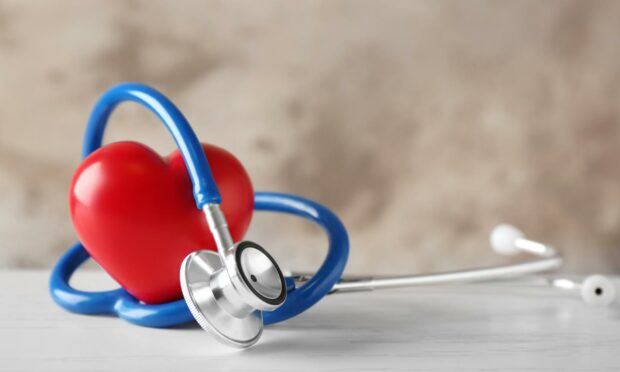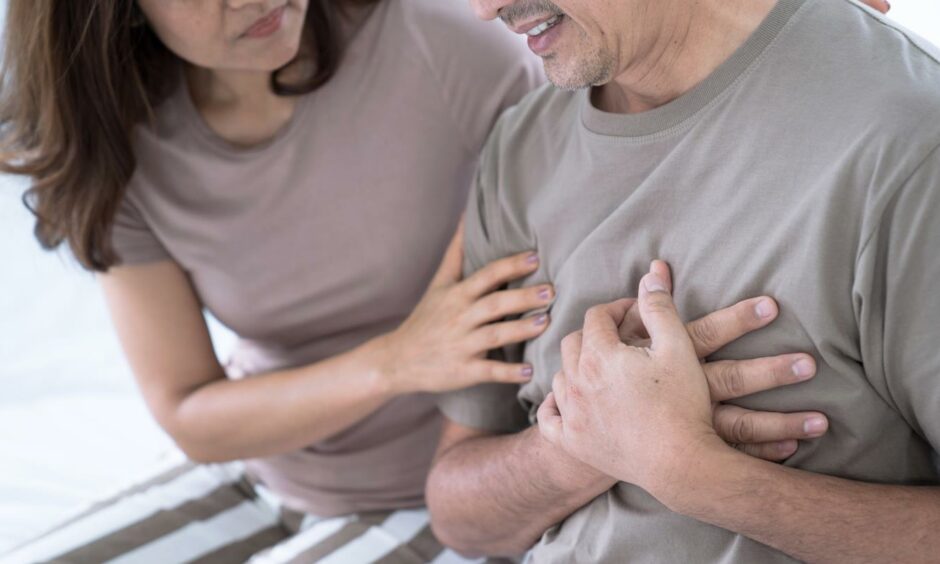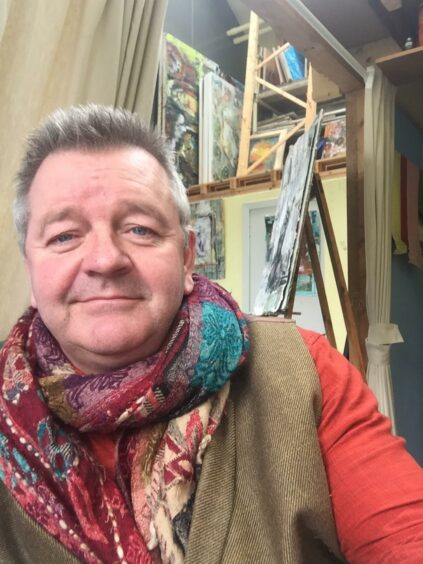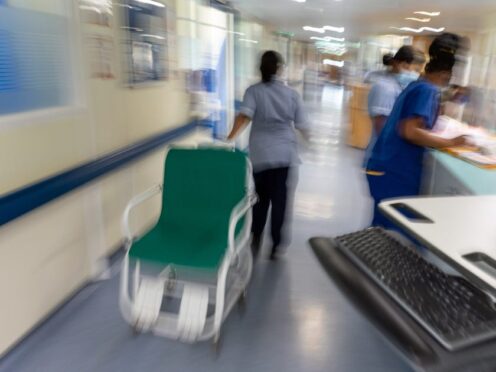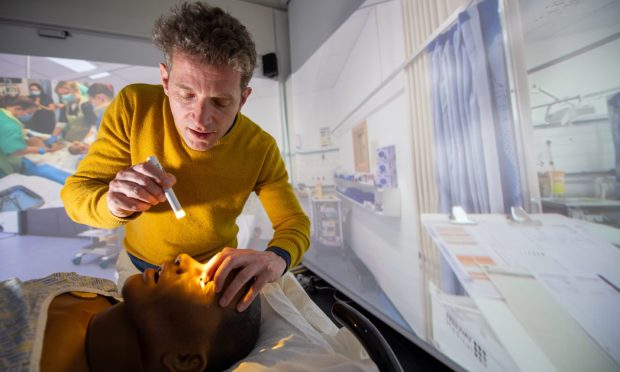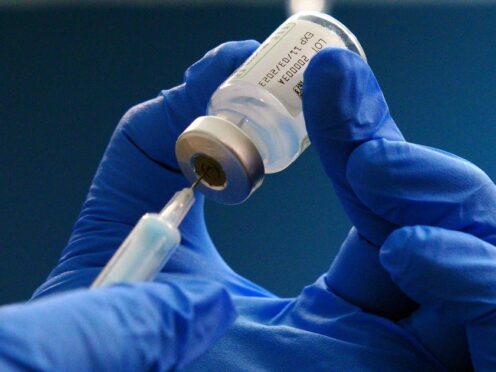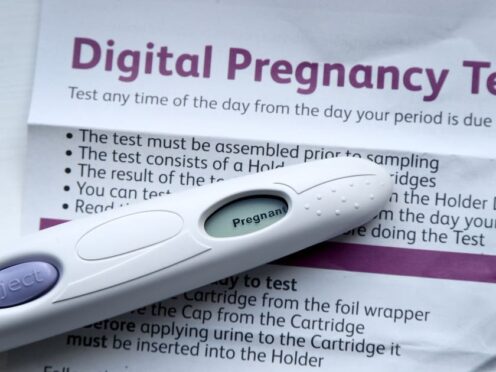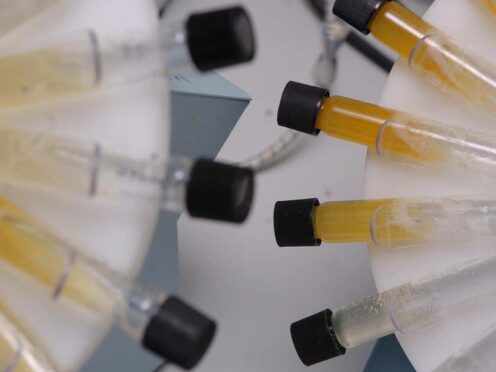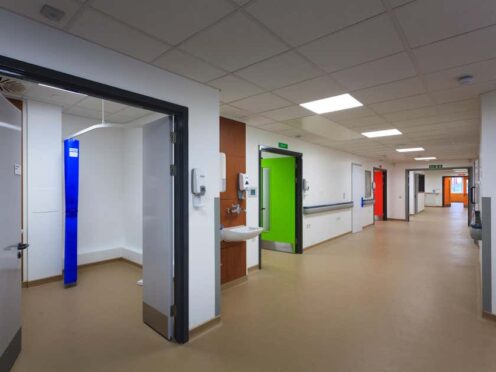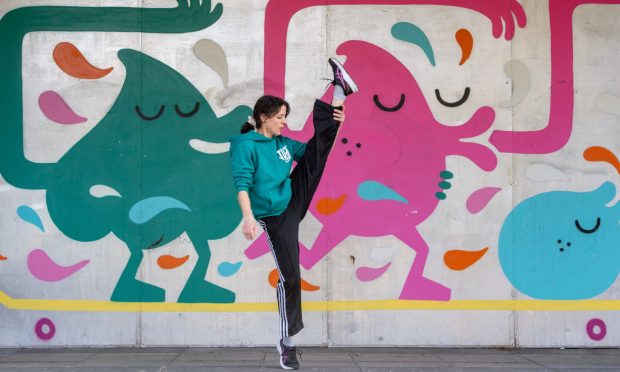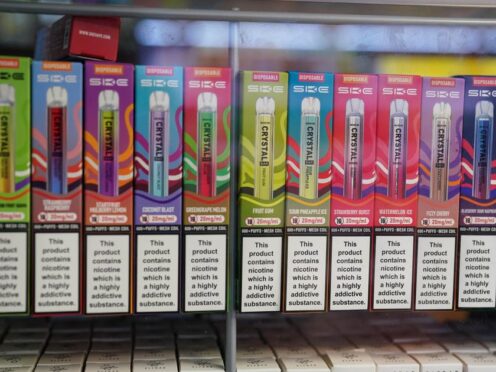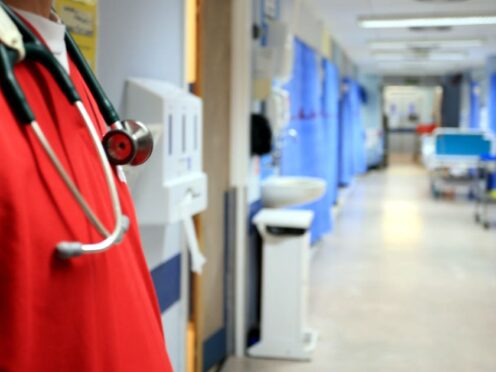Four in five stroke survivors “didn’t realise” they were at risk, according to a new survey, as Scots are encouraged to make just one change to improve their health.
Research has been released to mark Stroke Prevention Day, which centres on the UK’s fourth-largest cause of death.
A stroke occurs when the blood flow to the brain is cut off – potentially leading to life-changing or life-ending consequences.
And, while some are unavoidable, it’s thought around 90% are linked to people’s lifestyles.
Reducing the risk of a stroke
A survey by Stroke Association found 90% of survivors say, given the chance, they’d go back in time to tell their younger selves to change their habits.
Of these, nearly half said they’d encourage themselves to reduce their daily stress levels.
Meanwhile 42% said they’d keep a closer eye on their blood pressure, and 34% said they’d exercise more.
The study also found:
- 32% would set a weight loss target
- 24% would stop smoking, and 21% would drink less alcohol
- 20% would lower their salt intake
- 19% would monitor their high cholesterol
The charity’s research also found that, since suffering a stroke, 90% of survivors have made healthier changes to their lifestyles.
It said this can prove vital, as around 40% of people can go on to suffer a second attack.
‘I wish I’d known just how important it was’
Alexander Mackenzie, 61, suffered a stroke in 2020 and was told it was very likely due to his high blood pressure.
It took him two months of work to regain his ability to walk, and a further two before his speech returned to normal.
“Looking back, I drank too much – nearly every night,” he said.
“And now, having gone through the shock of a stroke, I have given up drinking completely and it’s had a major impact on my health.
“I regret the amount I drank. My lifestyle was getting in the way of a good life and, in a sense, my body ‘gave up’.
“Knowing what I do now, I wish I’d known just how important managing your blood pressure is and taking steps to reduce your risk of stroke.”
‘Desperate’ plea to change our ways
John Watson, Stroke Association’s associate director for Scotland, said: Many people simply don’t realise they are at risk and that’s something that we as a charity desperately want to put right.
“The effects of a stroke can be life-changing for you and your family, so why not do all you can to avoid one?
“However, we know that it isn’t always easy, so pick something that’s manageable for you.
“Aim to stick with it for an initial three months and, if you can do that, you’re more likely to form a regular habit.”
